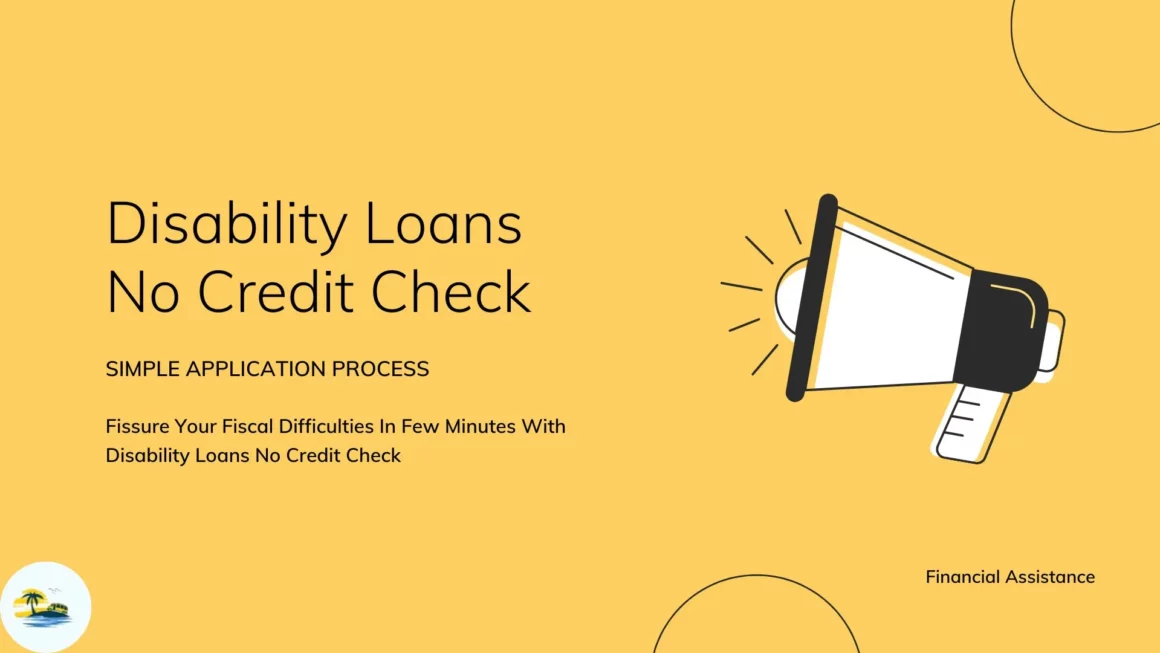How to Make a Budget Tailored to the Canadian Lifestyle?
Making a budget tailored to the canadian lifestyle is a fundamental step towards financial stability and prosperity. In today’s fast-moving world, managing finances effectively is very important. At Cash Waves, you through the process of crafting a budget specifically designed to align with the unique aspects of living in Canada. From understanding the cost of living to optimizing your spending habits, our website will help you achieve your financial goals.
Understanding the lifestyle Cost of Living
Living expenses in canadian lifestyle can also vary significantly depending on the region in which you live. Some Factors such as housing, healthcare, and transportation expenditures contribute to the overall cost of living. We’ll break down these unexpected expenses, providing insights into how to manage them efficiently and effectively.
Example: For a single person in Canada, without rent, the average cost of living is now $1,337.10. With rent, the average cost is now $3,445. For a family of 4, the average cost without rent is $4,779.20 and the average cost with rent is $6,306 per month.
Housing Costs and Options
One of the most considerable expenses for Canadian lifestyle is housing costs. Explore various housing options, including renting, buying, and shared accommodations. The choice is yours, how to evaluate the housing market and make informed decisions based on your budget and financial preferences.
Healthcare and Insurance
Navigating the Canadian lifestyle healthcare system is essential for both residents and newcomers of Canada. First of all Understand the basics of public healthcare, private insurance options, and how to find the right coverage that suits your financial needs without breaching the bank account. That’s can help you to secure the future to how to make budget for better lifestyle.
Transportation: Owning vs. Public Transit
Transportation costs can add up, especially in a vast country like Canada. Compare the expenses related with owning a vehicle versus using public transportation. After the comparison discover the tips for saving on travelling, and making your travel friendly budget both economical and efficient.
Optimizing Your Spending Habits
Managing everyday expenses wisely is essential to creating a budget tailored to the Canadian lifestyle. It’s never too late to starts a savings. Explore strategies to improve your spending habits while ensuring a high quality of life.
Grocery Shopping on a Budget
Also, make sure that your grocery shopping is based on a budget. Learn practical tips for grocery shopping, including meal planning, bulk buying, and taking advantage of affordable discounts and loyalty programs. Make the good spending habits. Determine how to prepare delicious and nutritious meals without any overspending.
Entertainment and Leisure Activities
Enjoying entertainment and leisure activities is an essential part of life, but it shouldn’t break and affect your monthly budget and shouldn’t break the bank. Search for budget-friendly entertainment options, such as local events, and outdoor activities, and explore Canada’s natural beauty without straining your finances.
Managing Debt and Saving for the Future
Managing debt and saving for the future are essential components of financial planning. Understand and discover the effective strategies for managing debt, making or building an emergency fund, and saving for achieving long-term financial goals, such as education and retirement.
Making a budget tailored to the Canadian Lifestyle empowers you to take control of your financial well-being. By understanding the unique aspects of living in Canada and optimizing you’re spending habits; you can almost achieve your financial goals and enjoy a comfortable or happy life. Remember, financial success is manageable with careful planning and informed decision-making.
FAQs
Q1: How can a budget help you achieve your financial goals?
A1: Budget helps you to decide how much money you spend and how much save from the total money you receive. Budget can help you to get rid of your debt and save money for achieving your financial goals in the future.
Q2: How can I save on housing costs in expensive cities like Toronto and Vancouver?
A2: Consider shared accommodations, explore suburbs with lower rent, and research government housing assistance programs.
Q3: What are the essential factors to consider when choosing health insurance in Canada?
A3: Consider coverage options, premiums, deductibles, and the extent of coverage for services like prescriptions and dental care.
Q4: Are there government programs to help Canadians manage debt?
A4: Yes, programs like debt consolidation and credit counselling are available to help Canadians manage their debt effectively.
Q5: How can I save on transportation expenses in urban areas?
A5: Utilize public transit, carpool with others, and consider biking or walking for short distances to reduce transportation costs.




